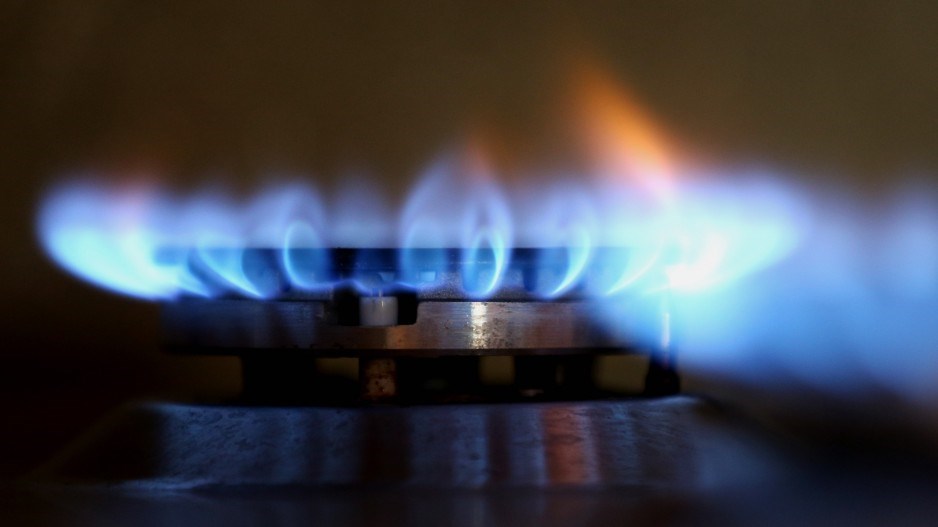The recent cold snap that has gripped Canada has underscored the importance of reliable, affordable energy for home heating, notably natural gas, which both the Trudeau and B.C. governments have targeted for various types of phase-outs as part of their climate change policies.
During the recent cold spell, grid operators and gas utilities across Canada asked Canadians to conserve power as much as possible, for fears the systems would be overloaded.
About one-quarter of Canadians heat their homes with electricity through baseboard heating, while 50 per cent use natural gas furnaces. Alberta generates about 60 per cent of its electricity from natural gas, and Saskatchewan generates 40 per cent of its power from natural gas.
So even in provinces like Alberta, when homeowners use baseboard heating, they are still heating their homes largely with natural gas.
Alberta and Saskatchewan premiers Danielle Smith and Scott Moe respectively used the recent cold snap to highlight the importance of natural gas for heating homes and producing electricity.
“SaskPower is providing 153 MW of electricity to AB this evening to assist them through this shortage,” Moe tweeted out on X. “That power will be coming from natural gas and coal-fired plants, the ones the Trudeau government is telling us to shut down (which we won’t).”
BC United MLA Ellis Ross retweeted Moe's comment, adding: “This is BC’s future if Gov’ts continue to demonize gas tho Saskatchewan won’t be our saviour; it will be the USA, who we already buy electricity from. Germany made a huge mistake that their citizens are paying for. Wake up now or pay for it later!”
Very little electricity is generated from natural gas in B.C., despite having an abundance of it. Most electricity in B.C. comes from hydro power. But about 60 per cent of British Columbians in the Lower Mainland heat their homes with natural gas, and 65 per cent of homeowners in the Interior and B.C. North use natural gas for home heating.
On Friday night, British Columbians used a record 11,300 megawatts (MW) of electricity, said BC Hydro.
“Despite the record-breaking demand, B.C. did not require imports from the market and also had enough generating capacity to provide support to its neighbours in Alberta and the Pacific Northwest who were experiencing demand and system challenges,” BC Hydro says in a news release.
“This includes about 200 megawatts exported to Alberta following an electrical grid alert from the Alberta Electrical Systems Operator.”
FortisBC likewise issued a press release saying it delivered even more heat energy than BC Hydro – the equivalent of 21,763 MW.
“That’s about double the energy provided by the electric system,” Doug Slater, vice president of Indigenous relations and regulatory affairs at FortisBC, told BIV News.
“We are seeing more and more volatile weather, and it is becoming a bit more extreme," he said. "We’ve had cold snaps like the one we just experienced over the past three winters. As a utility, of course, we believe it’s very important to have the infrastructure, the resources, ready and available to provide energy to our customers when they need it the most.”
There are some fears that senior governments are coming for Canadians’ natural gas furnaces, as part of climate change policies.
In B.C., the provincial government’s CleanBC plan aims to prohibit natural gas heating in new builds.
“We really see gas continuing to play a very important role in B.C. to help us meet that winter demand," Slater said. "And that’s why we’re taking steps, like increasing the amount of renewable gas that we’re bringing onto our system, to try to drive down emissions at the same time as we’re providing the benefits of that system.”


